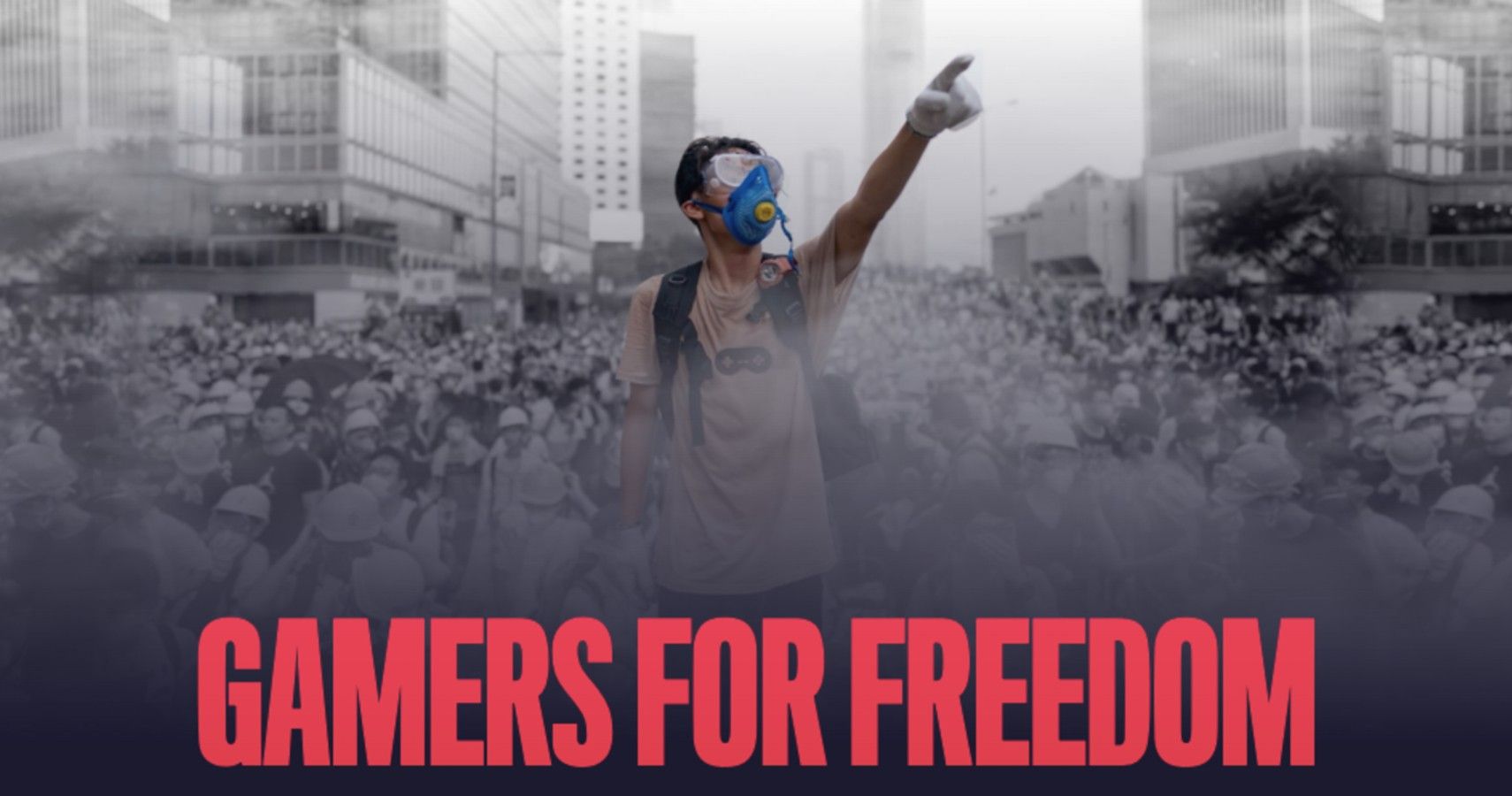According to experts, gaming is quickly becoming a "new political arena" as gamers fight for the right to privacy, free speech and anonymity. Attendees at RightsCon, a virtual digital rights conference, said that there is a heightened awareness of these issues among video game operators, designers and governments.
Gamers for Freedom, sponsored by the nonprofit organization Fight for the Future, has advocated for the freedom of expression as a fundamental human right, claiming that companies like Activision Blizzard Entertainment and Riot Games are attempting to silence gamers who speak up about political oppression. Their online petition asks that gamers demand game companies "support free expression for gamers everywhere we play."
The video game industry, which is expected to double its annual revenues to $300 billion by 2025, is increasingly setting aside fantasy to deal with real-life problems that affect the gaming community. Recently, a Hong Kong activist protested Beijing's authoritarian rule inside Animal Crossing, while US Rep. Alexandria Ocasio-Cortez opened her direct messages inbox to her 6.8 million followers, encouraging them to invite her to their Animal Crossing island, which some interpreted as a virtual campaign.
Minecraft has also been used to bypass censorship, with gamers using it to develop digital libraries and smuggle prohibited texts into authoritarian countries. In addition, game designers are progressively creating games to tackle complex issues like mental illness or the refugee experience. “Video games have become this new political arena," said Micaela Mantegna, founder of GeekyLegal, an Argentinian organization focused on tech policy.
Stephanie Zucarelli, a board member of Women in Games Argentina, a non-profit group, believes games encourage discussion about subjects that may be hard to broach in real life. Yet as users turn to games to express their opinions or dissent, they also risk having their rights violated, said Kurt Opsah, an attorney with the Electronic Frontier Foundation, a digital rights group.
Opsah added that law enforcement agencies can request users’ personal data from gaming companies, while operating companies can censor users and governments can force game operators and developers to remove content they don’t approve of. As an example, he mentioned how the US military deleted comments criticizing war crimes from their Twitch channels.
Last year, Blizzard, partly owned by Chinese gaming giant Tencent Holdings, suspended a Hearthstone competitor, Ng Wai Chung, known as Blitzchung in the game, from a gaming competition for supporting anti-government protesters in Hong Kong, sparking protests from gamers around the world.
Source: Japan Today

